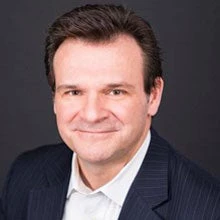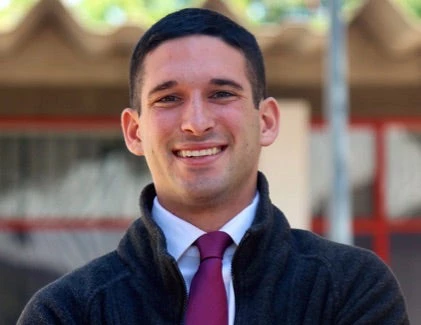It’s been almost a year since the World Bank Group launched the Human Capital Project (HCP), a revolutionary effort to measure education not by years in school or degrees earned, but by actual learning outcomes. The vision is that equipping countries with the data needed to make evidence-based decisions will promote investment in people, the world’s most vital resource. While there has been an international revolution in education access, 260 million children are still out of school, and another 260 million attend school but still cannot read—that’s 1 out of 4 young people in low- and middle-income countries. The HCP has a vision to change that, and it’s working.
To date, the HCP has been adopted for follow up work and action plans in more than 64 countries and is well on its way to reaching more. We know that years of schooling are not equal everywhere, that the quality of teaching and resources available differs, and that learning is the true indicator of education and future growth for generations to come. Even so, the World Bank had questions as to whether many countries still under-invest in education and human capital. Still, we weren’t quite sure where and why this was happening because countries around the globe either don’t measure learning at all or capture it with different tests. Analyzing the few common tests available left only a handful of countries, largely excluding the developing world. So, the World Bank set about to harmonize test scores—a tried and true indicator of harmonized learning outcomes (HLOs)—to paint a clearer picture of human capital around the world.
The snapshot we were left with was dismal. While the Human Capital Index spanned 157 countries and territories—a robust 98.6% of the global population—the learning gap between high income and low/middle-income countries is enormous. The difference between top and bottom performers is very large. For example, the difference between Singapore’s score of 581 and South Africa’s 343 is more than 2 standard deviations—a whole generation of schooling loss. While students in high-performing countries are achieving scores that indicate a majority are mastering the cognitive skills needed to function in the world of work, students in the poorest performing countries are scoring at a very low absolute level.
The data did expose a few bright spots, however. Vietnam emerged as a leader in quality of education, based on test scores, outpacing most of the countries in East Asia and Pacific, near par with other countries with a much higher level of income, and on par with many OECD countries. In other cases, we were able to contextualize data for larger countries like Brazil, India and South Africa that were under-investing in learning.
The truth is all countries have some distance to go when evaluated through harmonized learning data. The HCP’s empirical approach provides a rich, objective foundation from which the World Bank can leverage its global convening power to provide unique technical assistance while building capacity worldwide. Much of this work occurs through advising on policy recommendations focused on making learning the central focus of national education policy reforms. To accomplish this, countries will need to regularly measure and analyze learning outcomes from a wide variety of sources: international, regional, national, and just-in-time assessments, as well as early grade reading assessments, to name a few. States will need to ensure that stakeholders across the value chain of education are supported and held accountable for learning, including everyone from teachers and students to parents, managers, and school administrators. Finally, the HCP aims to maintain this level of strategic support by continuing to collect, analyze, and disseminate harmonized learning data as a global public good.
Transforming learning assessment data into national education reform means investing in people today to eventually reap dividends for ending poverty and boosting shared prosperity worldwide.
HCP data is already having a powerful impact. In Turkey, Senior Institutional Development Specialist Joel Reyes says that the HCP has intensified dialogue across the Ministry of National Education (MoNE) and the Ministry of Treasury and Finance (MoTF). MoNE has focused on accelerating learning outcomes by expanding access to early childhood education and improving the quality of secondary schools (including technical and vocational training), as well as the quality of educators who teach in them. To track this and more accurately measure gaps across primary and secondary education levels, MoNE is considering using the HCP indicator of “learning adjusted years of schooling” throughout Turkey’s provinces. In Central Asia, Lead Education Specialist Ayesha Vawda told me that the HCP was going to be included as a pillar of country partnership frameworks with the World Bank, which inform the full scope of World Bank support in each client country for a period of years. The HCP raised awareness of the education system in Russia as well, according to Senior Education Specialist Tigran Shmis, laying the foundation for reform and helping other countries to learn from the Russian experience. Perhaps most exciting, the Georgia Education Team reports that human capital has been named a long-term priority by the government, appropriating $103 million for the Georgia I2Q (Innovation, Inclusion and Quality) Project, which aims to expand access to preschool and improve the quality of education and learning environments by, among other things, fostering quality teaching and learning.
Transforming learning assessment data into national education reform means investing in people today to eventually reap dividends for ending poverty and boosting shared prosperity worldwide. This work is only the beginning for the Human Capital Project. How will you apply HLOs to your operations? Join the conversation in the comments below.



Join the Conversation